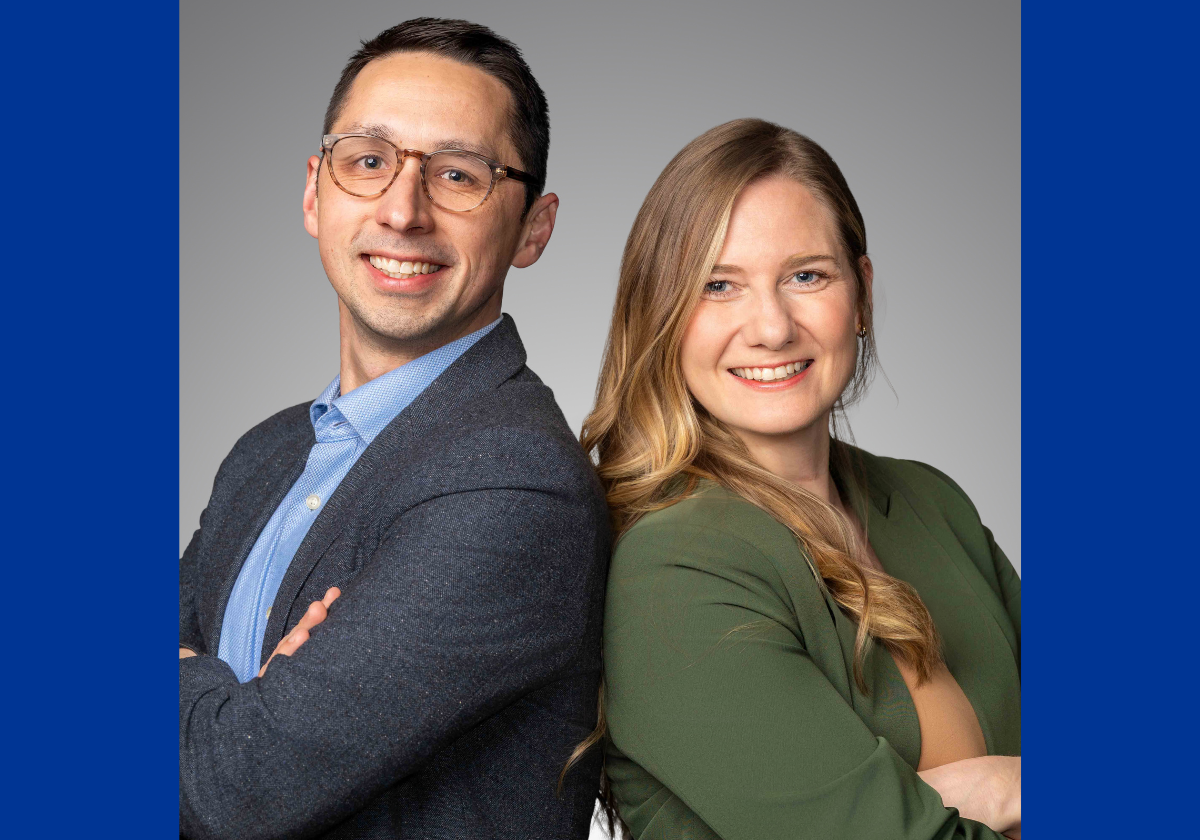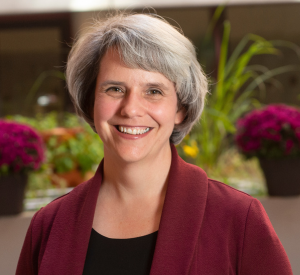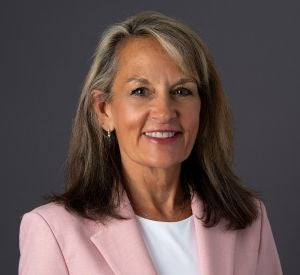For Josh Mickle (MOT ’12), his occupational therapy (OT) journey to medical technologies began in a familiar setting, a neurorehabilitation clinic at Harmarville Rehabilitation Center, where he worked with patients recovering from neurological injuries. It was there that he first encountered Bioness, a company specializing in functional electrical stimulation (FES) for upper and lower extremity rehabilitation. A visiting Bioness representative, also an occupational therapist, planted the seed that OT practitioners can thrive in tech-focused roles.
For Natalie Gay (MOT ’12), the road of her OT journey wound through acute care, home health and program development at Encompass Home Health (now Enhabit). Her role bridged clinicians and the sales team, providing a foundation in communication, leadership and clinical insight. When structural changes made her role less fulfilling, it was none other than her former classmate Josh Mickle who reached out. “We always joked in school about recruiting each other and a decade later, he actually did it,” recalls Gay.
Gay joined Bioness in a clinical sales role and quickly advanced to marketing, helping lead a national shift toward clinician-centered content and education.
Mickle, meanwhile, transitioned from clinical care to sales and leadership, eventually becoming director of sales for the Northeast region. His team now oversees the implementation of Bioness technology across health care settings, supporting therapists and patients alike.
For both Mickle and Gay, their Pitt OT roots remain central to everything they do, even though their career paths have gone outside traditional treatment roles.
“In a leadership role, I’m still assessing needs and building relationships,” Mickle said. “I just do it with my team instead of patients.” He credits his Pitt OT education with teaching client-centered thinking and collaborative problem solving that now help him lead teams and drive strategy. Gay shared a similar experience stating, “Our marketing team was strong, but they needed a clinical voice, someone who could speak the language of therapists and patients.”
Now, Gay uses her expertise to develop campaigns that are grounded in evidence-based practice, including launching a new clinician-led education series: Bioness Clinical Note. These educational tools make advanced rehabilitation and medical technologies accessible through bite-sized content across platforms like LinkedIn, TikTok and Instagram. “We’re meeting clinicians where they are,” Gay explained. “Whether it’s through quick videos, peer trainings, or patient stories, we want to empower therapists without overwhelming them.”
Both Mickle and Gay feel it was Pitt OT that shaped their outlook on leadership and helped propel their transition into the technology space. Mickle reflected on strong foundational courses and early leadership opportunities, including through University of Pittsburgh Student OT Association and community outreach, that prepared him to strive for leadership roles. Gay pointed to faculty like Professors Beth Skidmore and Pam Toto, whose work inspired her to believe she could impact the profession at large.
“They didn’t just teach—they led. And it made leadership feel like something attainable for us as students,” Gay said. “Even if they didn’t say it out loud, they showed us what it looked like.”
Both Mickle and Gay shared some tips about OT practitioners interested in entering the rehabilitation technology arena:
- Use the tools: Learn the tech that’s already in your clinic.
- Connect with reps: Many companies offer free training and resources.
- Go beyond your caseload: Volunteer for research, education or mentorship projects.
- Network: Use LinkedIn to build relationships with people in the field.
- Speak up: Doing so can open unexpected doors: “Even if a position doesn’t exist, start having conversations about where you see yourself.”
- Don’t underestimate your OT skillset. From understanding patient needs to navigating health systems, occupational therapists bring unmatched value to industries like marketing, product development and tech education.
Since joining Bioness, both Mickle and Gay have helped shift the company’s focus from selling technology to patients, to advocating for them and their needs. Gay leads efforts to highlight patient voices, including a new podcast featuring individuals with cerebral palsy and multiple sclerosis sharing real stories about life, stigma and community support.
“We’re not just promoting devices,” Gay explained. “We’re building a network of resources that support patients’ independence and growth—just like OTs do in the clinic.”
Mickle added, “This is still therapy, just on a different scale. We’re influencing access, education and outcomes across entire regions.”
Mickle offered this powerful reminder: “I got my job at Bioness because someone saw me working with a patient and using technology. Even on tough days, remember that someone’s watching.”
Want to explore non-traditional roles in occupational therapy?
Connect with Josh Mickle and Natalie Gay on LinkedIn. Whether you’re a student, recent graduate or experienced clinician, the opportunities in the tech space have never been greater—and the strong foundation provided by Pitt OT uniquely positions our alumni to lead and thrive in this evolving landscape.


